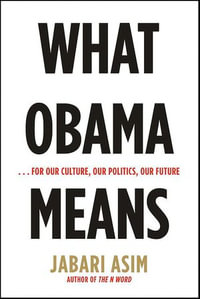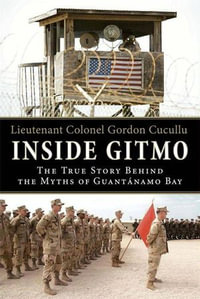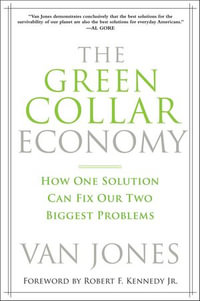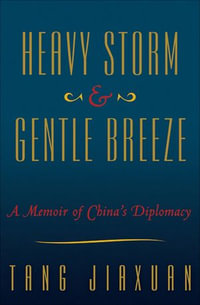
eTEXT
European Integration and the Problem of the State
A Critique of the Bordering of Europe
By: Stefan Borg
eText | 7 April 2015
At a Glance
eText
$84.99
or
Instant online reading in your Booktopia eTextbook Library *
Read online on
Desktop
Tablet
Mobile
Not downloadable to your eReader or an app
Why choose an eTextbook?
Instant Access *
Purchase and read your book immediately
Read Aloud
Listen and follow along as Bookshelf reads to you
Study Tools
Built-in study tools like highlights and more
* eTextbooks are not downloadable to your eReader or an app and can be accessed via web browsers only. You must be connected to the internet and have no technical issues with your device or browser that could prevent the eTextbook from operating.
ISBN: 9781137409331
ISBN-10: 1137409339
Published: 7th April 2015
Format: ePUB
Language: English
Audience: Professional and Scholarly
Publisher: Springer Nature
Country of Publication: GB
You Can Find This eBook In
This product is categorised by
- Non-FictionPolitics & GovernmentInternational RelationsInternational InstitutionsEU & European Institutions
- Non-FictionPolitics & GovernmentPolitical Science & Theory
- Non-FictionPolitics & GovernmentComparative Politics
- Non-FictionPolitics & GovernmentPolitical Structure & ProcessesConstitution & The Government & The State
- Non-FictionHistoryGeneral & World History























